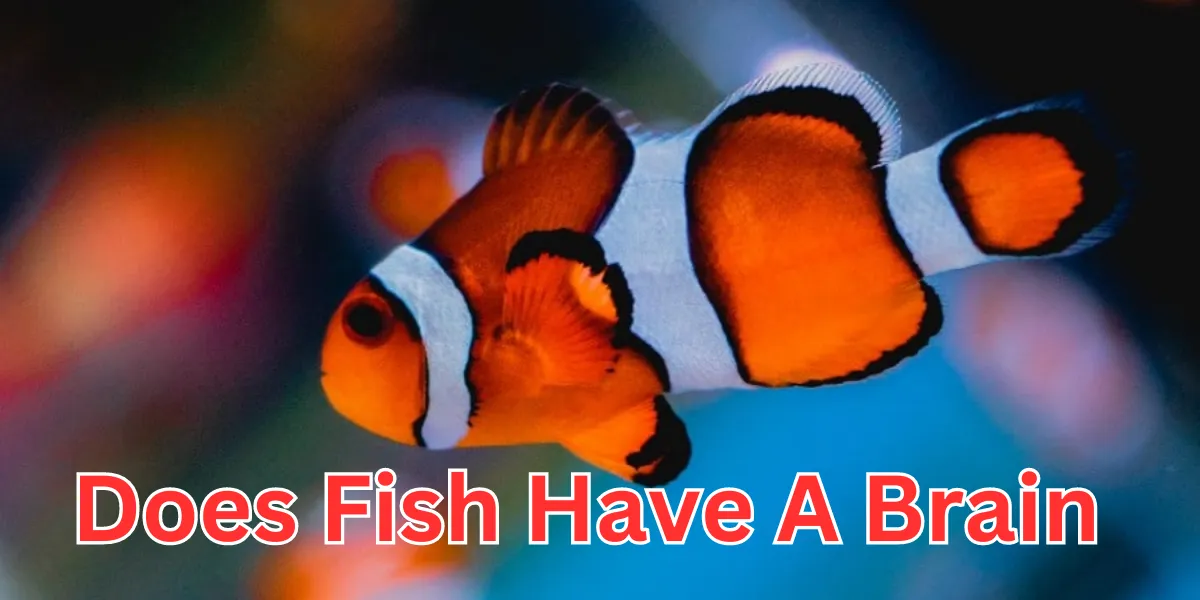Does Fish Have a Brain?
Fish have fascinated humans for centuries, captivating our attention with their vibrant colors, graceful movements, and diverse behaviors. One question that often surfaces in discussions about aquatic life is whether fish possess brains. It’s time to dive deep into this topic and unravel the mysteries surrounding fish brains.
Unveiling the Fish Brain: A Closer Look
Fish might not have brains in the traditional sense that mammals do, but that doesn’t mean they lack complex neural structures. Their brains might not resemble those of humans or other mammals, yet they are exquisitely adapted to their underwater environments. These intricate structures allow fish to navigate, hunt, and respond to their surroundings with remarkable precision.
The Truth About Fish Intelligence
Are fish intelligent? This question has stirred debates among scientists and enthusiasts alike. While fish intelligence differs from human intelligence, it’s essential to acknowledge that fish exhibit astonishing cognitive abilities. Some species are exceptional problem solvers, showcasing the ability to learn from experience and even exhibit forms of social behavior.
Arwana Fish: A Glimpse into Aquatic Elegance
Among the remarkable species, the Arwana fish stands out for its captivating appearance and intriguing behavior. Known for its distinctive scales and elongated body, the Arwana fish’s brain plays a crucial role in its survival. From its hunting techniques to its navigation skills, this species reminds us that intelligence comes in various forms, adapted to diverse environments.
Debunking Misconceptions: Fish Brains Unwrapped
Misconceptions about fish brains have persisted over time. One common myth is that fish lack complexity in their brain structure. In reality, fish brains exhibit specialized regions responsible for various functions, including sensory processing, memory, and motor control. While their brains might not possess the cerebral cortex found in mammalian brains, fish have evolved alternative neural adaptations that suit their aquatic lifestyles.

Adapting to Aquatic Environments
Fish have evolved to thrive in aquatic environments that pose unique challenges. From the need to navigate through intricate coral reefs to finding prey in murky waters, fish require cognitive abilities that align with their surroundings. Some species have developed remarkable spatial memory, allowing them to remember complex underwater landscapes and migration routes.
Sherry Fish: Exploring the Depths of Behavior
The Sherry fish, with its vibrant colors and intriguing patterns, offers us a glimpse into the diverse behaviors shaped by fish brains. This species showcases the potential for adaptation and learning, challenging preconceived notions about fish cognitive abilities. Their brain’s capacity to process and respond to external stimuli highlights the sophistication of underwater life.
Beyond Instinct: Fish Behavior and Learning
Fish behaviors often transcend mere instinct. Studies have revealed that fish can be trained to respond to cues, navigate mazes, and even differentiate between shapes and colors. These findings shed light on the intricacies of fish brains and how their neural networks enable them to process information and adapt to changing circumstances.
Environmental Enrichment and Cognitive Stimulation
Environmental enrichment plays a crucial role in enhancing fish cognitive abilities. Just like other animals, fish benefit from stimulating surroundings that encourage curiosity and problem-solving. Aquariums and research settings have shown that providing fish with opportunities for mental engagement can lead to improved learning, reduced stress, and overall well-being.
The Ethical Dimension:
Understanding fish brains and their cognitive capacities holds ethical implications for conservation efforts. Recognizing the intricate lives fish lead can influence how we approach issues like overfishing and habitat destruction. As we gain insight into their cognitive richness, it becomes evident that fish warrant our consideration and efforts to protect their ecosystems.
Appreciating the Complexity of Fish Brains
While fish brains differ significantly from mammalian brains, they are marvels of adaptation and efficiency. Their neural structures allow them to navigate the oceans, respond to challenges, and exhibit behaviors that showcase their cognitive prowess. Embracing the unique characteristics of fish brains enriches our understanding of the animal kingdom and encourages us to protect the delicate balance of aquatic ecosystems.



